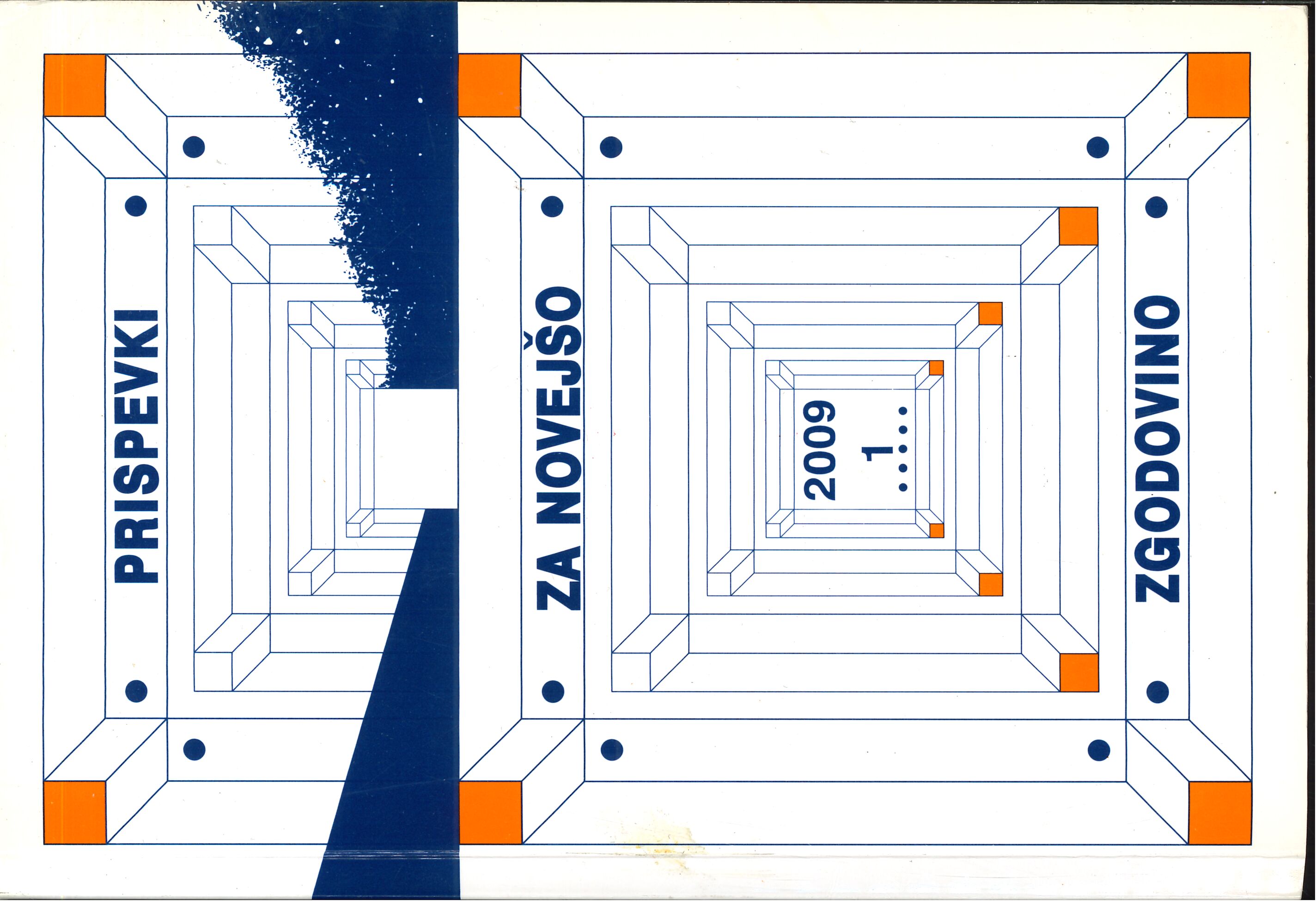Ideological-political Disputes in the Slovenska matica Organisation from the End of the 19th Century until World War I
Keywords:
Slovenia, culture, Slovenska matica organisation, politics, cultural struggle, politicisation of cultural societiesAbstract
In the following article the author analyses the tense developments in Slovenska matica, the leading Slovenian cultural organisation, in the time of stronger ideological clashes from the end of the 1890s until World War I. Slovenska matica operated as a Society whose intention was to publish Slovenian scientific and popular scientific books. The Society was actively involved in the pressing cultural problems (from the standardisation of the Slovenian language and the establishment of Slovenian scientific terminology to the efforts to ensure Slovenian secondary schools and found a Slovenian university). With its activities it was strongly integrated into the social environment, thus the changes in the society, especially after the dissolution of the political unity and the gradual separation of spirits, resounded strongly and had significant influence on the Slovenska matica organisation. The argumentation was replaced by ideologically and politically marked standpoints. That was especially distinctive during the publishing of Štrekelj's collection of Slovenian folk songs and the celebration of the 400th anniversary of Primož Trubar's birth.
Downloads
Published
Issue
Section
License
Authors who publish with this journal agree to the following terms:
- Authors retain copyright and grant the journal right of first publication with the work simultaneously licensed under a Creative Commons Attribution License that allows others to share the work with an acknowledgement of the work's authorship and initial publication in this journal.
- Authors are able to enter into separate, additional contractual arrangements for the non-exclusive distribution of the journal's published version of the work (e.g., post it to an institutional repository or publish it in a book), with an acknowledgement of its initial publication in this journal.
- Authors are permitted and encouraged to post their work online (e.g., in institutional repositories or on their website) prior to and during the submission process, as it can lead to productive exchanges, as well as earlier and greater citation of published work (See The Effect of Open Access).


